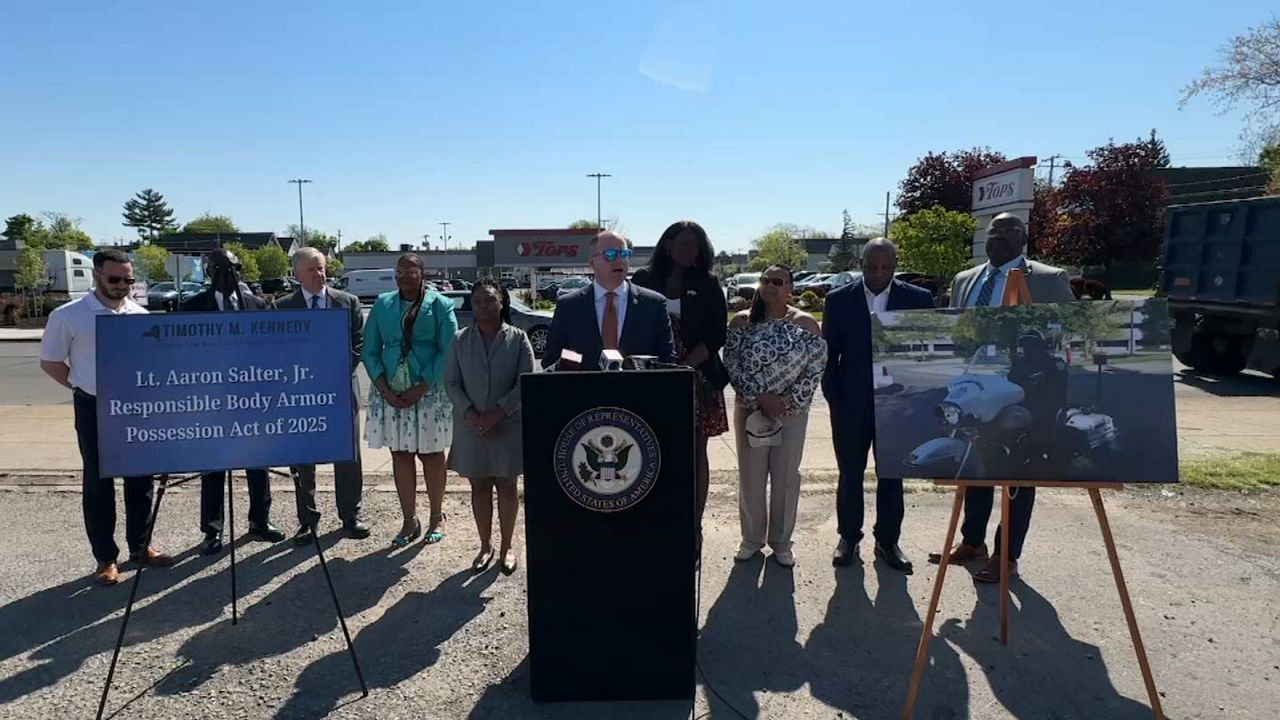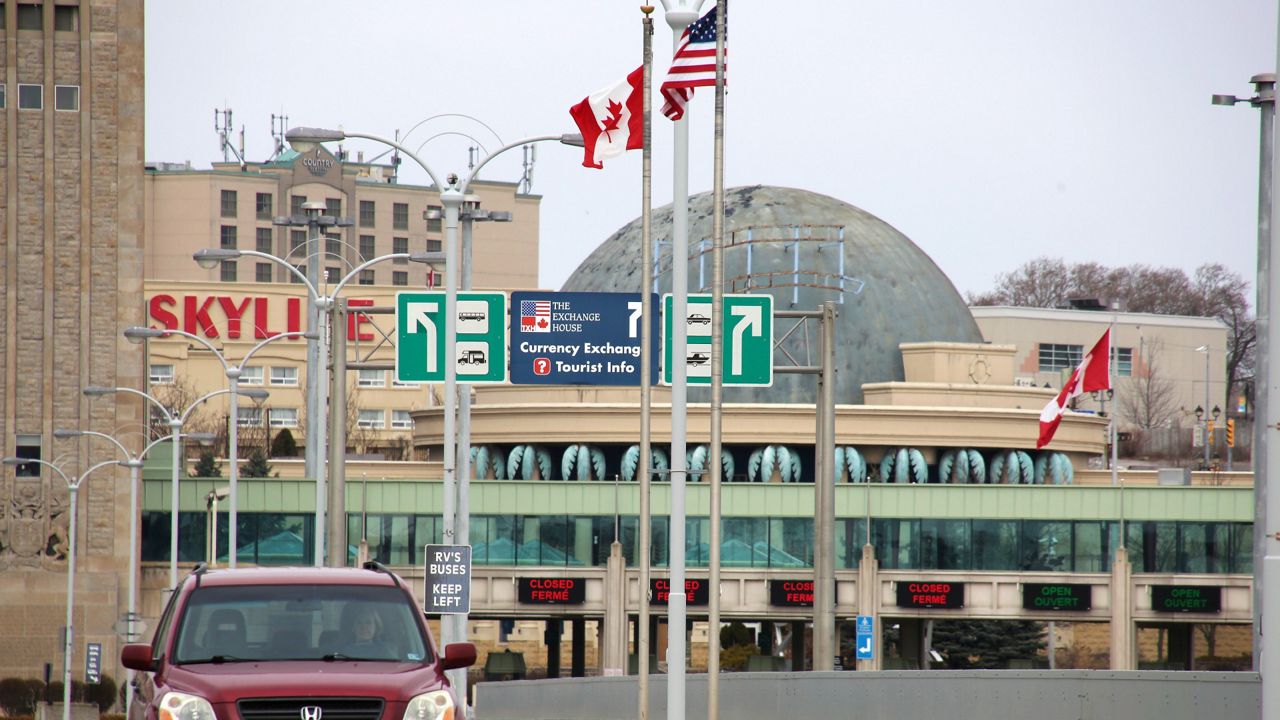BUFFALO, N.Y. -- Democratic leadership in New York state government wants to begin making natural gas a thing of the past. However, the plans for getting there differ.
Dennis Elsenbeck, head of energy and sustainability at Phillips Lytle, said buildings represent the state's largest single source of carbon emissions at roughly a third with transportation close behind.
"Anything you can do in the building sector reduces green house gases at the largest percentile," he said.
At the beginning of the year, the governor introduced her plan to curb emissions. It would prohibit the installation of fossil fuel equipment for new buildings three stories or less by the end of 2025 and larger multi-family homes or commercial buildings by the end of 2028.
It would also ban installation of fossil fuel heating equipment like furnaces and water heaters in existing homes by 2030 and 2035 for buildings. The proposal does not apply to stoves in existing homes, allows for continued use of appliances installed before the effective dates and allows for a number of exemptions as deemed appropriate by the State Fire Prevention and Buildings Code Council for places like restaurants, factories, hospitals and more.
The Senate counterproposal removes the language about existing buildings. It also stipulates new builds be all electric a year earlier for each phase than the governor's plan while changing the size delineation for the phases from three stories to seven.
The Assembly, meanwhile, largely keeps the governor's proposal in place, but calls for the Department of Public Services to review the electric power grid's capacity to take on the increased demand a new policy would create.
Elsenbeck and Phillips Lytle Energy Practice co-lead David Flynn said that review is key.
"I don't see our existing distribution having anywhere near the capability it will need to have as we hit the new peaks we're likely to see going forward," Flynn said.
"When you do simple gas bans, you place pressure on what you're transitioning into and when you're not considering that, it's a death by 1,000 cuts," Elsenbeck said.
He is also a member of the state's Climate Action Council, which issued a scoping plan with recommendations to reach the state's statutory emission goals. It does call for a full electrification of buildings and vehicles by 2035.
"We cannot be reactionary. We have got to be progressive and we have got to be creative and we've got to get the market more involved in this," he said.
The Climate Action Council recommendations are not binding and the Legislature will decide how to introduce them as bills, either as a comprehensive package or piecemeal, in upcoming sessions.










